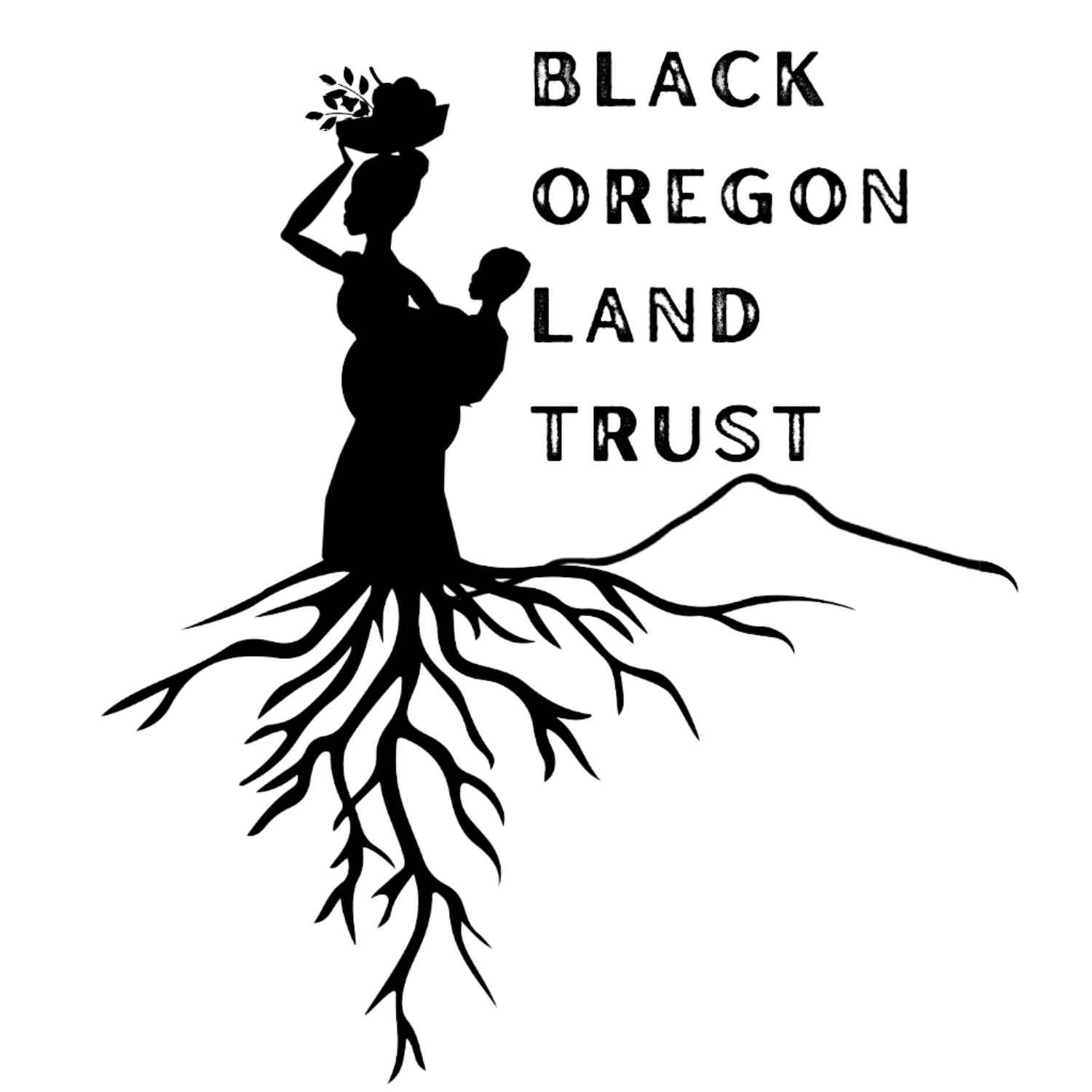BOLT’s Director wins Willamette Week’s SKIDMORE PRIZE
BOLT is honored to announce that executive director, Qiddist Ashé has received this year’s Skidmore Prize, and will be featured in this year’s Give! Guide.
Every year Willamette Week awards the Skidmore Prize to four young Portlanders who work every day to make Portland a better place and to preserve the community-oriented nature of the city we all know and love. Winners of the Skidmore Prize must be under the age of 36 and work full-time for a local nonprofit.
Qiddist says, “It’s an honor to receive this on behalf of the work the whole BOLT team is doing. I’m especially grateful that this will be an opportunity for BOLT to be uplifted in community conversation, and to draw attention to the reality that yes, there are Black farmers here, and we are creating new possibilities for what thriving agricultural life can look like.”
Here’s an excerpt from the Willamette Week article:
On a fall morning on a farm in the Columbia River Gorge, Qiddist Ashé has already fed the goats, harvested herbs for medicine-making, and tended to the farm cat Sheba, who just gave birth to a litter of five kittens. Ashé is weeks away from purchasing a nearby 10-acre farm as the co-founder and executive director of the Black Oregon Land Trust.
But Ashé, 28, isn’t ready to call herself a farmer. It’s a matter of humility.
“I want to give a lot of reverence to the people pulling 10-hour days with their hands in the soil,” she says. “I’m a ‘budding land steward’ and learning so much from my friends and colleagues.”
In the most recent U.S. Department of Agricultural census, only 64 of Oregon’s 67,000 farm producers were Black. Although this strikes Ashé as an undercount, her visibility work has been effective: “I just talked to a farmer out in Eastern Oregon who told me, ‘I had no idea there were other Black farmers here.’”
The lack of diversity on Oregon farms traces back to the state’s founding: An 1857 law excluded African Americans from settling in the territory.
Ashé lives in a 140-square-foot tiny home perched on the 19-acre Mudbone Grown farm in Corbett, which is growing crops such as greens, beans, flowers and squash this fall. Youth organizations and volunteer groups visit weekly—a benefit of being so close to the eastern outskirts of Portland.
“Qiddist approaches her work with a spirit of abundance, and this has been an inspiration for me,” says Mudbone co-owner Shantae Johnson. “She works with an open hand and heart.”
